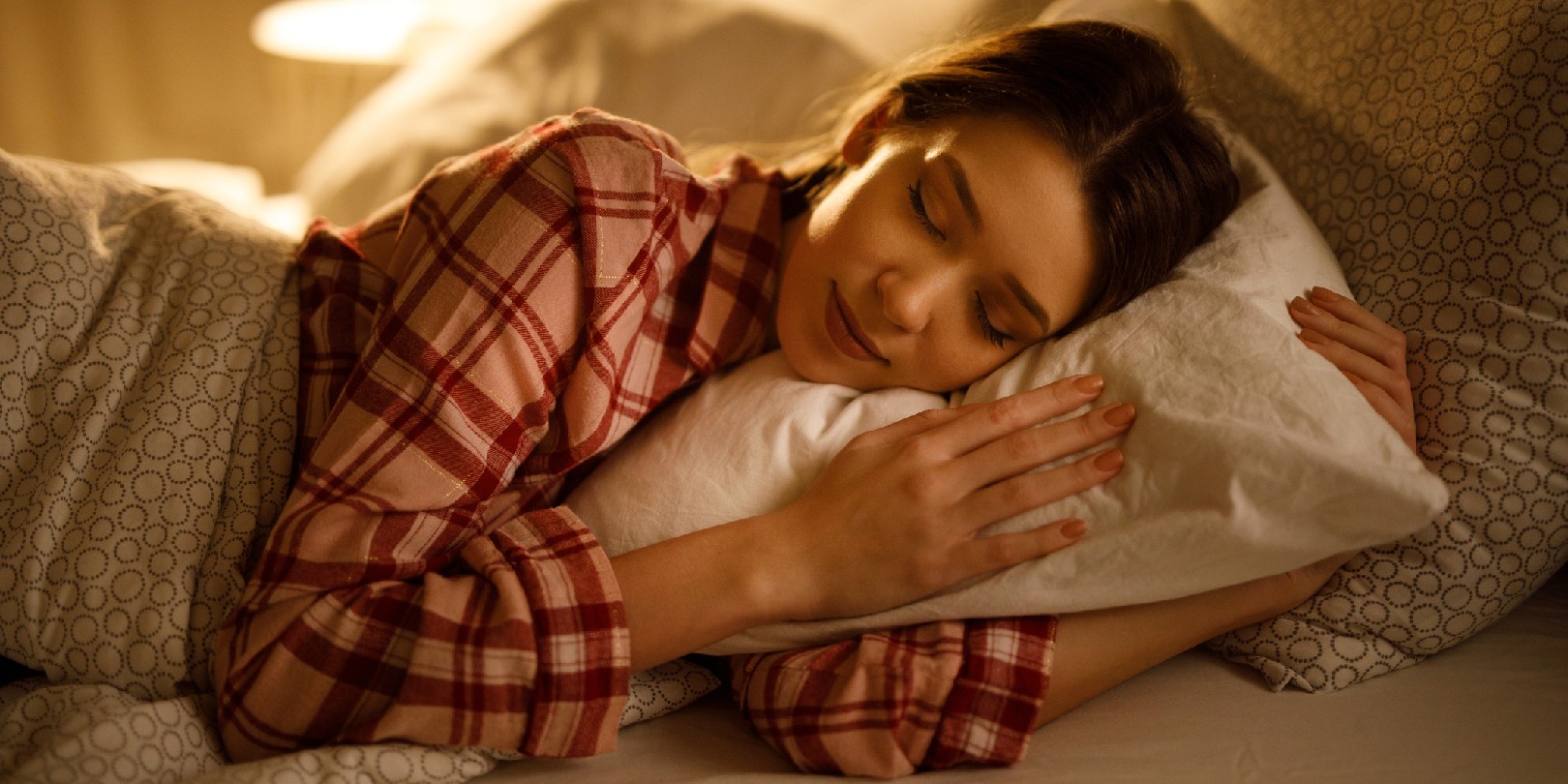10 Techniques To Become a Better Sleeper

Have you always tossed and turned before sleeping? Or maybe your mind doesn’t seem to want to wind down? Sleep is a crucial component of overall health and well-being. It plays a vital role in our physical, mental, and emotional health. However, in today’s fast-paced world, many people struggle with getting quality sleep due to various factors such as stress, busy schedules, and unhealthy sleep habits. It’s a very common problem. If you find yourself waking up feeling groggy or waking up multiple times at night, it’s time to make some changes to become a better sleeper. Here are 10 techniques that can help you achieve restorative sleep and wake up feeling refreshed and energized.
Establish a Consistent Sleep Schedule
One of the most effective ways to improve your sleep is to establish a consistent sleep schedule. Try to go to bed and wake up at the same time every day, even on weekends. This helps regulate your body’s internal clock, making it easier to fall asleep and wake up naturally.
Create a Relaxing Bedtime Routine
Establishing a bedtime routine can signal to your body that it’s time to wind down and prepare for sleep. Consider incorporating relaxing activities such as reading a book, taking a warm bath, or practising relaxation techniques like deep breathing or meditation. Avoid stimulating activities such as using electronic devices or watching TV before bed as they can interfere with your body’s natural sleep-wake cycle.
Create a Comfortable Sleep Environment
Your sleep environment plays a significant role in the quality of your sleep. Make sure your bedroom is conducive to sleep by keeping it dark, quiet, and cool. Invest in a comfortable mattress, pillows, and breathable bedding to create a cozy sleep environment.
Limit Caffeine and Alcohol Intake
Caffeine and alcohol can disrupt your sleep. Limit your caffeine intake, especially in the afternoon and evening, as it can stay in your system for hours and interfere with your ability to fall asleep. Similarly, while alcohol may make you feel sleepy initially, it can disrupt your sleep later in the night, causing you to wake up feeling restless.
Exercise Regularly
Regular exercise has been shown to improve sleep quality. However, avoid vigorous exercise close to bedtime as it can stimulate your body and make it harder to fall asleep. Aim for moderate-intensity exercise earlier in the day to reap the sleep benefits.
Manage Stress
Stress and anxiety can significantly impact your sleep. Find healthy ways to manage stress, such as practising relaxation techniques, talking to a trusted friend or therapist, or engaging in activities that you enjoy. Avoid engaging in stressful activities close to bedtime, and try to clear your mind before sleep.
Limit Screen Time Before Bed
The blue light emitted by screens from electronic devices such as smartphones, tablets, and computers can disrupt your sleep-wake cycle. Limit your screen time at least an hour before bed, and consider using blue light filters or switching to a book or other non-screen activity before sleep.
Avoid Heavy Meals and Fluids Before Bed
Eating a heavy meal or consuming excessive fluids before bedtime can cause discomfort and disrupt your sleep. Try to avoid heavy meals and excessive fluids at least 2-3 hours before bedtime to minimize the risk of needing to use the bathroom during the night and experiencing discomfort.
Keep a Sleep Diary
Keeping a sleep diary can help you track your sleep patterns and identify any potential sleep disruptions. Make a note of your bedtime routine, sleep duration, and quality of sleep each night. This can help you identify any patterns or triggers that may be affecting your sleep.
Consider Professional Help
If you have persistent sleep problems despite making lifestyle changes, consider seeking professional help. Consult a healthcare provider or a sleep specialist to assess and address any underlying medical conditions or sleep disorders that may be affecting your sleep.
Conclusion
In today’s fast-paced world, where many people struggle with getting restorative sleep, implementing healthy sleep techniques can significantly improve our overall well-being. By establishing a consistent sleep schedule, creating a relaxing bedtime routine, and maintaining a comfortable sleep environment, we can set the stage for a good night’s sleep. Remember, prioritizing good sleep is an investment in our health and well-being, and with these ten techniques, you can become a better sleeper and wake up feeling refreshed, revitalized, and ready to tackle the day ahead!